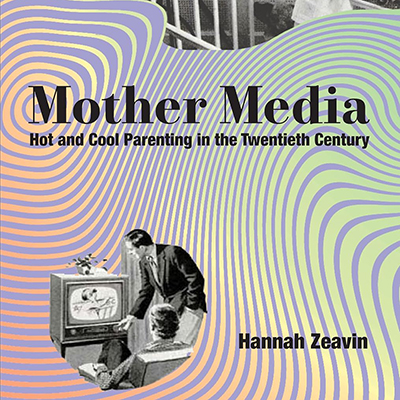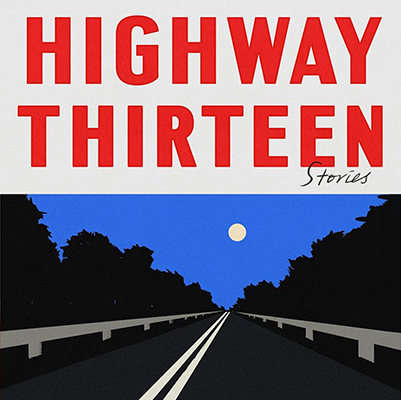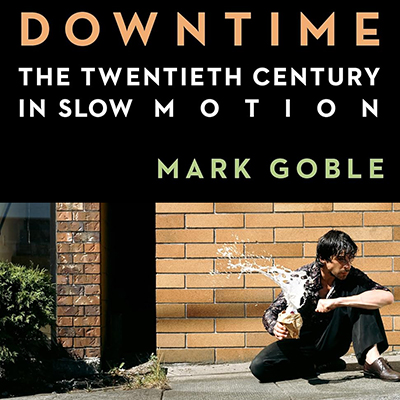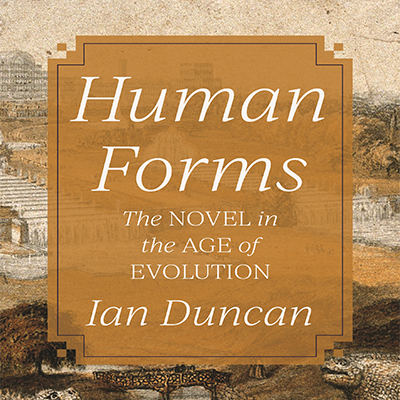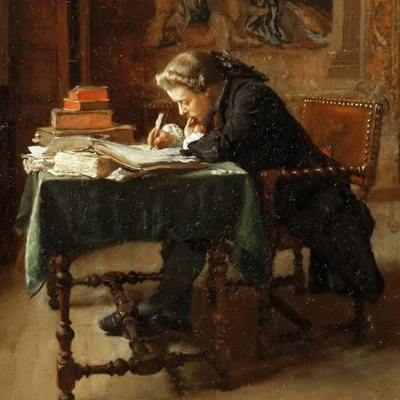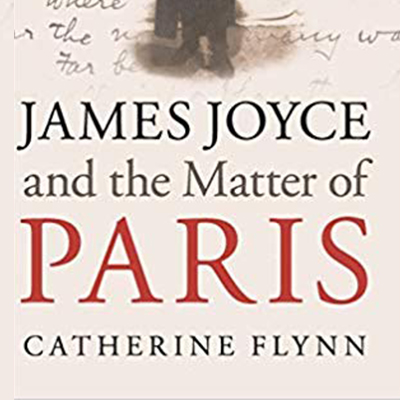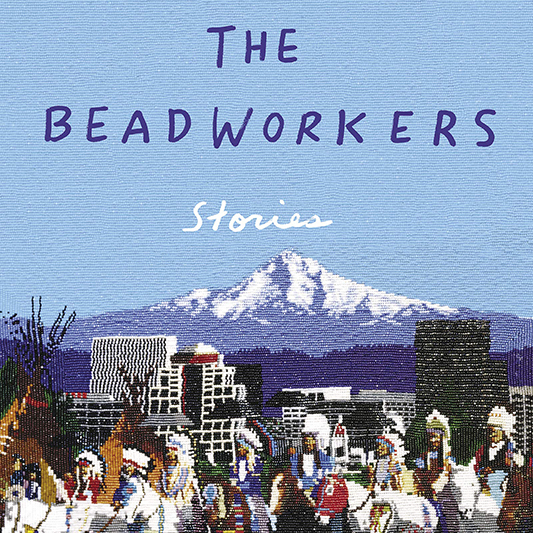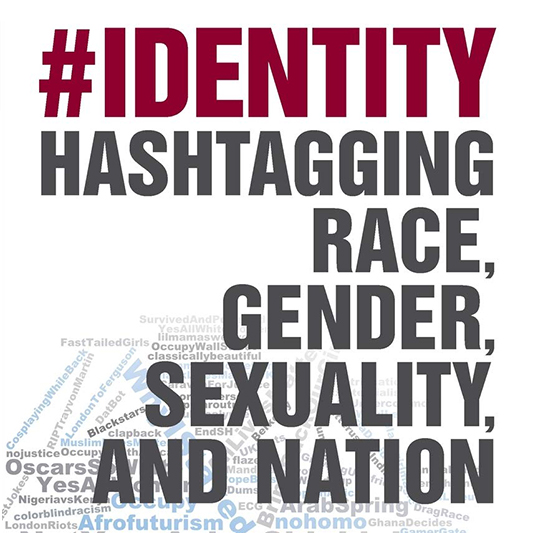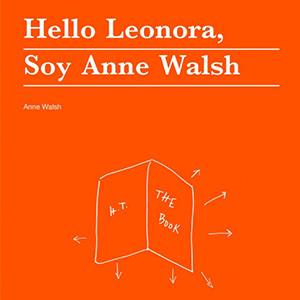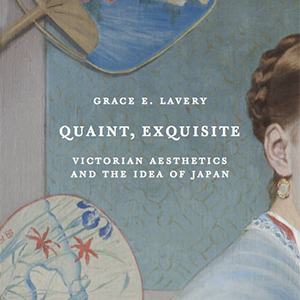The Townsend Center presents a lunchtime series celebrating the intellectual and artistic endeavors of the UC Berkeley faculty. Each Berkeley Book Chat features a faculty member engaged in conversation about a recently completed publication, performance, or recording. The series highlights the extraordinary breadth and depth of Berkeley’s academic community.
Hannah Zeavin tells the complicated story of American techno-parenting, for an object lesson in how using technology in our most intimate relationships became a moral flash point.
Fiona McFarlane's gripping collection of short stories explores the reverberations of a serial killer’s crimes in the lives of everyday people.
Mark Goble explores how slow motion in film and literature reveals a deep cultural fascination with the uneven speeds of modern life and our ability to comprehend them.
Concrete Encoded: Poetry, Design, and the Cybernetic Imaginary in Brazil
Nathaniel Wolfson shows how the concrete movement in art and poetry — which burst onto Brazil’s cultural stage in the 1950s, during a dizzying period of modernization — presciently grappled with an emerging information age.
In his exploration of plays named after objects, Mario Telò offers a new approach to the politics of familial and social relations in Roman comedy.
Past Events
Ian Duncan offers a major rethinking of the European novel and its relationship to early evolutionary science.
Ellen Oliensis offers a fresh approach to the Amores emphasizing the masochistic pleasures of the elegiac writing project.
Catherine Flynn explores the ways in which James Joyce's imaginative consciousness was shaped by the paradigmatic city of European urban modernity.
Beth Piatote’s debut short story collection is a reflection on modern Native American life.
Pindar, Song, and Space: Towards a Lyric Archaeology
In their study of the poet Pindar of Thebes, coauthors Leslie Kurke and Richard Neer develop a new methodological approach to classical Greece.
#identity: Hashtagging Race, Gender, Sexuality, and Nation
This collected volume offers a critical interdisciplinary view on how and why social media is at the heart of contemporary political discourse.
Grace Lavery examines the contradictory role — as both rival empire and cradle of exquisite beauty — played by Japan in the Victorian imagination.
Climate Change and the Art of Devotion: Geoaesthetics in the Land of Krishna, 1550-1850
In the north Indian pilgrimage region of Braj, the landscape is considered sacred. Sugata Ray shows how this place-centered theology and its art emerged in the wake of the climatic catastrophe of the Little Ice Age (ca. 1550–1850).
Three-quarters of the seed varieties on earth in 1900 are now extinct, and more than half of the remaining commercial seeds are owned by three large companies. Mark Schapiro examines the fate of our food supply under the pressures of corporate consolidation.
